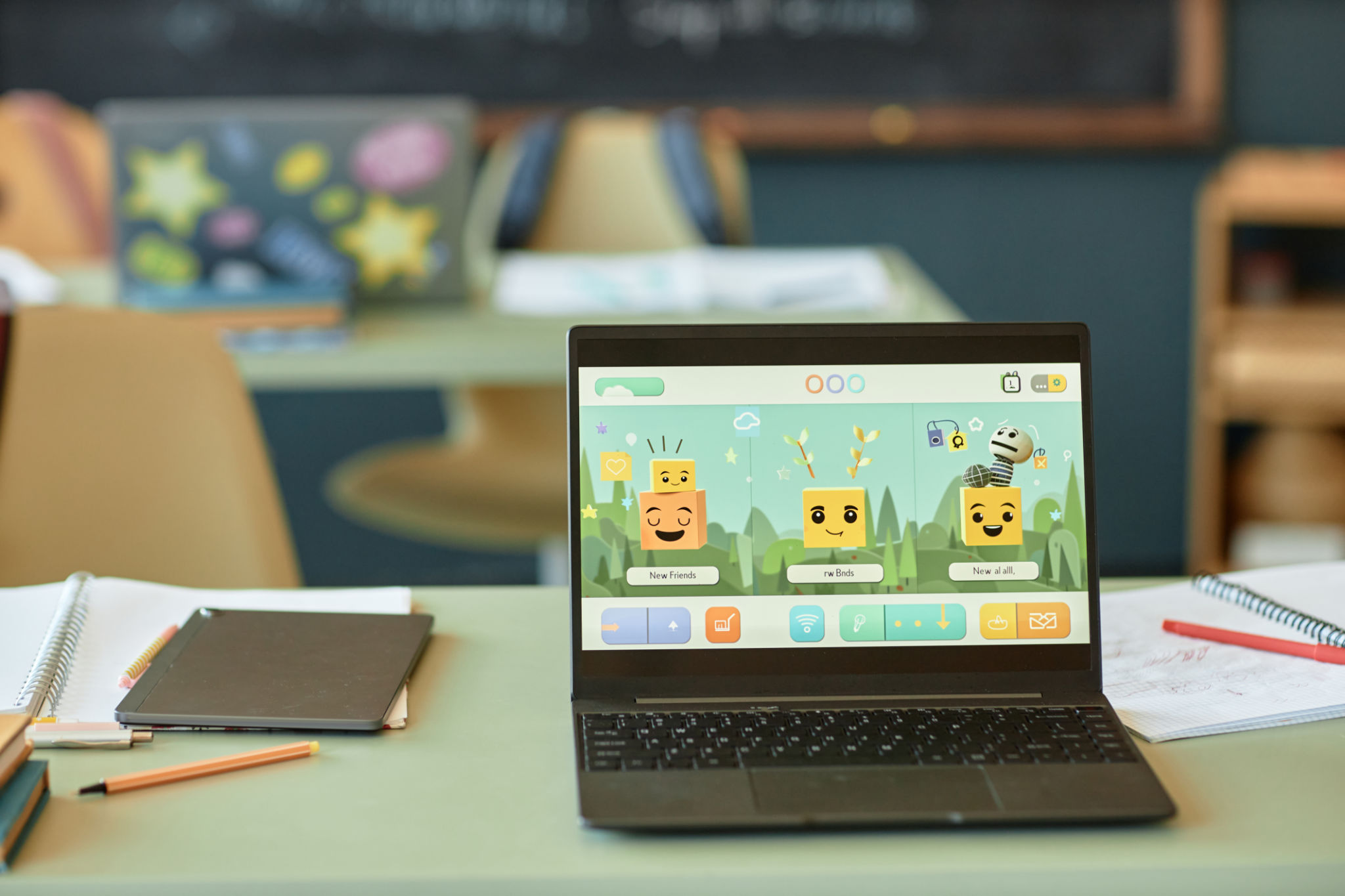Emerging Digital Education Technologies Transforming Online Learning
Introduction to Emerging Digital Education Technologies
The rapid advancement of technology has brought significant changes to various sectors, and education is no exception. The rise of digital education technologies is transforming the landscape of online learning, making it more accessible, interactive, and effective. From artificial intelligence to virtual reality, these technologies are reshaping how students learn and educators teach.

Artificial Intelligence in Education
Artificial intelligence (AI) is one of the most impactful technologies in the field of digital education. AI-powered tools can personalize learning experiences by analyzing student data and tailoring content to meet individual needs. This customization helps in addressing different learning paces and styles, ensuring that each student receives the support they require.
Moreover, AI can automate administrative tasks for educators, allowing them to focus more on teaching. Tasks such as grading and providing feedback can be efficiently managed by AI systems, enhancing productivity and improving the overall learning experience.
Virtual Reality and Augmented Reality
Virtual reality (VR) and augmented reality (AR) are revolutionizing online learning by creating immersive educational experiences. These technologies allow students to engage in simulated environments that provide hands-on learning opportunities. For instance, medical students can perform virtual surgeries, and history students can explore ancient civilizations through VR.

AR, on the other hand, overlays digital information in the real world, enhancing interactive learning experiences. It can transform traditional textbooks into dynamic learning tools by adding interactive 3D models and videos that make complex concepts easier to understand.
Gamification in Online Learning
Gamification is becoming an increasingly popular approach in online education. By incorporating game-like elements such as points, badges, and leaderboards into educational content, learners become more engaged and motivated. This approach not only makes learning fun but also encourages students to achieve their academic goals.
Gamification can be particularly effective in subjects that require practice and repetition, as it provides instant feedback and rewards progress. This fosters a sense of achievement and encourages continuous learning.

Blockchain Technology for Educational Records
Blockchain technology is emerging as a secure way to manage educational credentials and records. By utilizing blockchain, institutions can ensure that student records are immutable and verifiable, reducing the risk of fraud. This technology allows for the seamless transfer of credits between institutions and provides learners with greater control over their educational data.
Blockchain also supports micro-credentialing, enabling students to earn digital badges for specific skills or achievements that can be shared with potential employers.
Conclusion
The integration of these emerging digital education technologies is transforming online learning into a more dynamic and personalized experience. As technology continues to evolve, it will undoubtedly bring new opportunities and challenges to the field of education. By embracing these innovations, educators can enhance their teaching methods and provide students with the skills they need for future success.